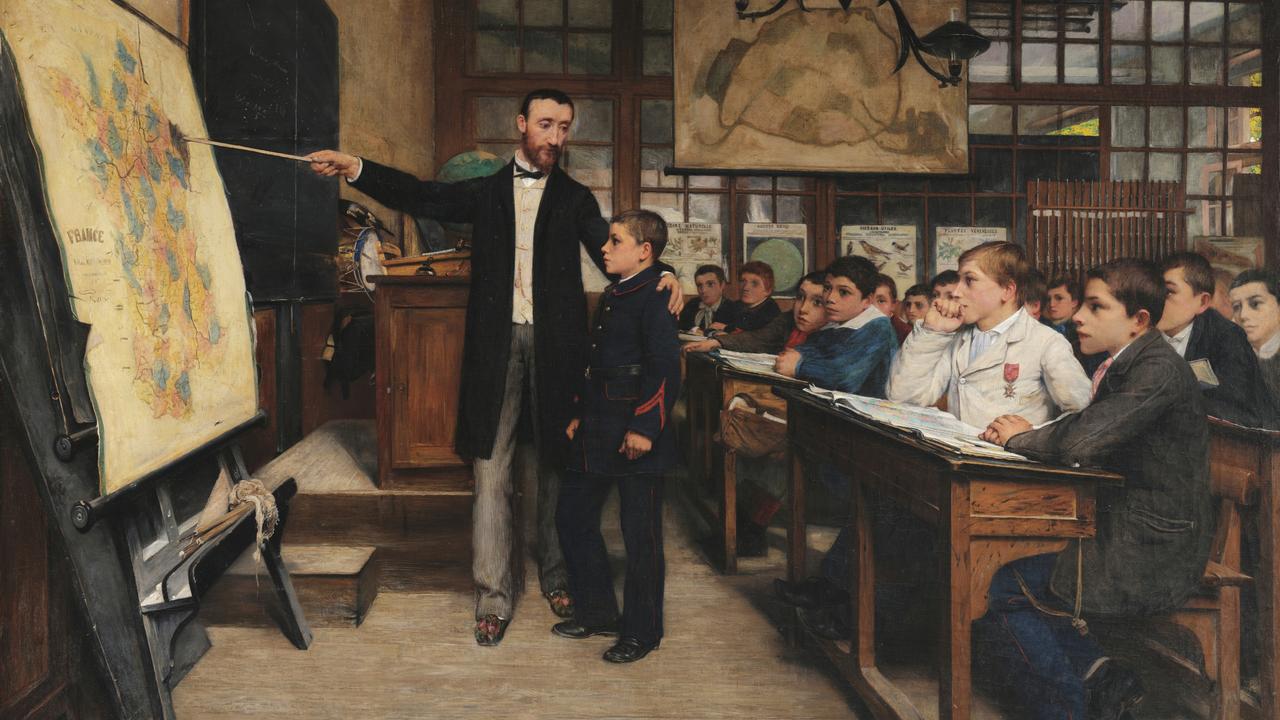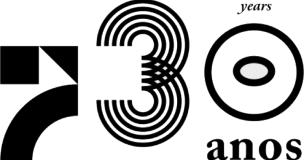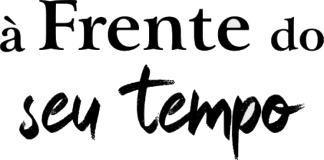On textbooks: national and global historical perspectives

The 1st International Conference On textbooks: national and global historical perspectives will be held on 8, 9 and 10 November 2023, at FEUC Auditorium and Keynes Room. It is organized in collaboration by the Centre for Interdisciplinary Studies (CEIS20) of the University of Coimbra, Portugal, and the Network for the History of Pedagogies, Cultural Heritage, and Didactic Materials in Portuguese Language.
Visit the Conference website.
Keynote Speakers
Eckhardt Fuchs is Director of the Leibniz Institute for Educational Media | Georg Eckert Institute and Professor for History of Education/Comparative Education at the Technical University Braunschweig. He has worked in a variety of academic institutions and served as a visiting professor in Sydney, Umeå, Tokyo, and Seoul. His research interests include the global history of modern education, international education policies and textbook development. He has published ten books and more than 150 articles and chapters on these issues including The Palgrave Handbook of Textbook Studies (2018). He served as president of the International Standing Conference for the History of Education (ISCHE) from 2012 to 2015.
Peter Gautschi, Dr. Phil., is Professor of History Education at the University of Teacher Education Lucerne, Switzerland, where he is also Head of the Lucerne Institute for History Education and Memory Cultures. His research focuses on history education, public history, and curriculum and textbooks development. Gautschi has developed many educational media as a project leader and as an author, and his publications have been translated into a wide variety of languages. He is editor of the series and journals on Didactics of History and member of scientific advisory boards in Switzerland, Austria, and Germany.
Nurit Peled-Elhanan is Emeritus Professor in Language Education, Social Semiotics and Multimodality at the Hebrew University and at the David Yellin Academic College in Jerusalem, Israel. She has studied the various aspects of Israeli discourse of education and has published, edited, and written extensively on classroom discourse, oral and written language development at school, and racism in the Israeli schools and in schoolbooks. She is the author of Palestine in Israeli school books. Ideology and propaganda in education, I.B. Tauris, London. 2012. Her forthcoming book, Holocaust Education and the Semiotics of Othering in Israeli Schoolbooks will be published by Common Ground Publishers, USA. Prof. Peled-Elhanan received several awards for her work, among which is the Sakharov Prize for Human Rights and the Freedom of Thought, awarded by the European Parliament. She was the Co-initiator of the Russell Tribunal on Palestine from 2009 to 2014.
Call for papers
Being sustained by a body of knowledge considered essential, by the political power and civil society, for the youngest to learn, textbooks are one of the most identifiable and defining objects of the teaching-learning process (Sherman et al., 2016; Hadar, 2017). Despite the technological advances that marked our times, and during the pedagogically challenging moments of the pandemic, this medium has remained the reference for teaching. Indeed, following the historical course of political regimes, their economic and social transformations, and their cultural and mental visions, against a backdrop marked by dominant ideologies, textbooks have shaped and sought to reshape educational contexts.
That is why the textbook has long been an object of study. In recent years there has even been a proliferation of analyses carried out and of studies focusing on comparative national and transnational approaches, looking at social representations (woman, man, child, society, the other, etc.) and the construction of multiple identities (social, political, cultural).
Textbooks, especially of History and Geography, are a vehicle for the massive dissemination of the officially approved 'discourses' and 'images'. At the same time, they reflect social controversies on sensitive issues (Klerides 2010; Macgilchrist 2015). They mix and match myriad of discursive threads that connect them to the wider social environment (Binnenkade, 2015). Situated at the interface of politics, history, pedagogy, and didactics, they reflect curricular requirements as well as scientific and pedagogical standards. They respond to societal demands and political debates (Christophe, 2019).
Currently, national, and international governmental bodies, NGOs, and academic and pedagogical institutions are involved in projects that observe practices of inculcating and perpetuating memory through these analytical lenses, keeping in mind the issue of Eurocentrism and the need to decolonise.
This conference aims to examine the History and Geography textbooks in the light of the worldviews they promote/propel, in relation to their authors and their targeted audiences. We welcome contributions on the following perspectives:
▪ Textbooks – discourse, power, and production
▪ Publication of textbooks - challenges, regulation, and market
▪ Textbooks – innovative practices and digital literacy
▪ Textbooks and the problem(s) of identity(ies) and Otherness(ies)
▪ Textbooks Eurocentrism, nationalism, and racism
▪ Textbooks before and under dictatorships
▪ Textbooks in democracy and its analysis in them
▪ Textbooks and local heritage
▪ Textbooks – war, violence, and peace education
▪ Textbooks and places of (un)memory
▪ Textbooks – religious issues and themes
Important Dates
- Deadline for paper submission: 30/06/2023 [updated]
- Announcement of acceptance: 22/07/2023
- Preliminary programme: 15/09/2023
- Final programme: 02/10/2023
Criteria for submission
Abstracts of 250 to 300 words, in Portuguese, English, French or Spanish, with a title, three keywords, a short biographical note (up to 100 words), institutional affiliation and contact details of the author(s) (email and telephone) should be sent to coloquiomanuaisescolares@uc.pt.
Contact us
If you have any queries, please contact us at coloquiomanuaisescolares@uc.pt.
Thank you! We look forward to welcoming you in Coimbra!





